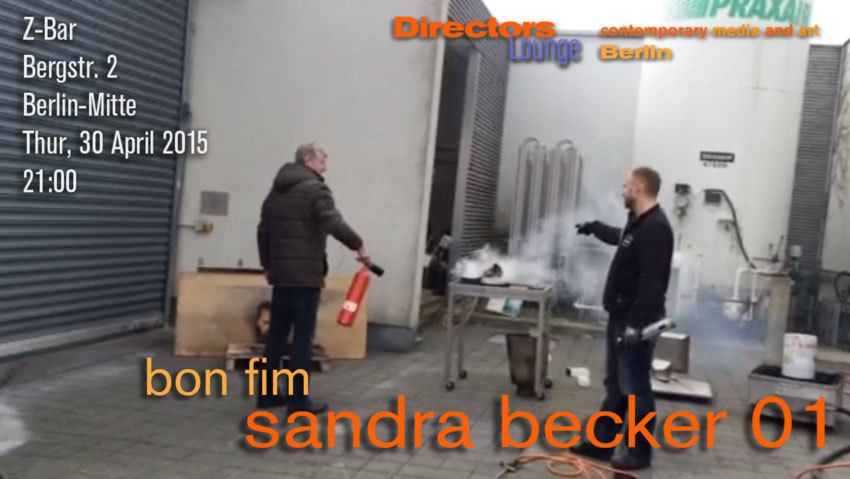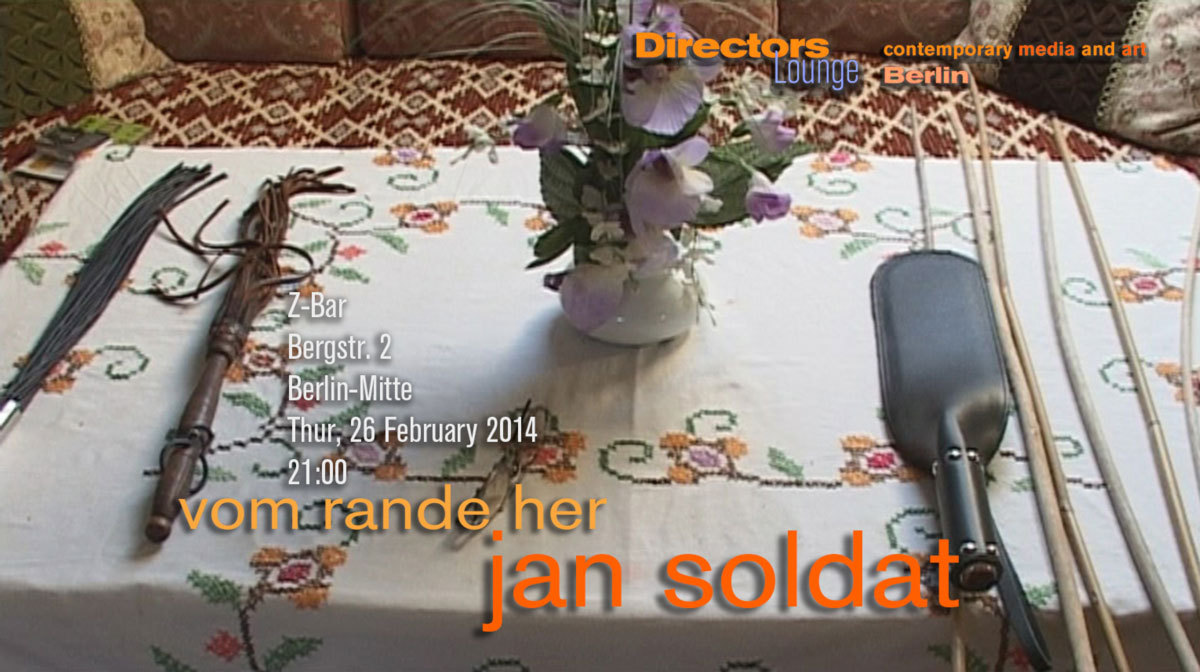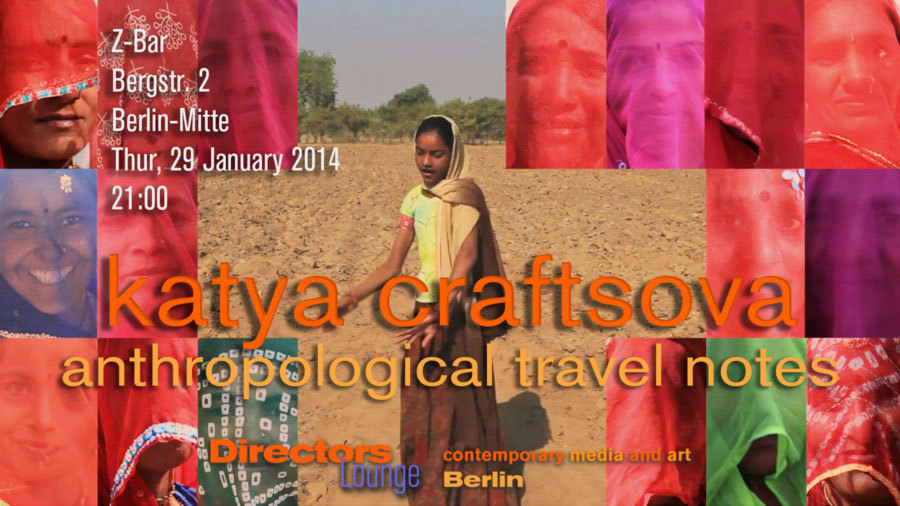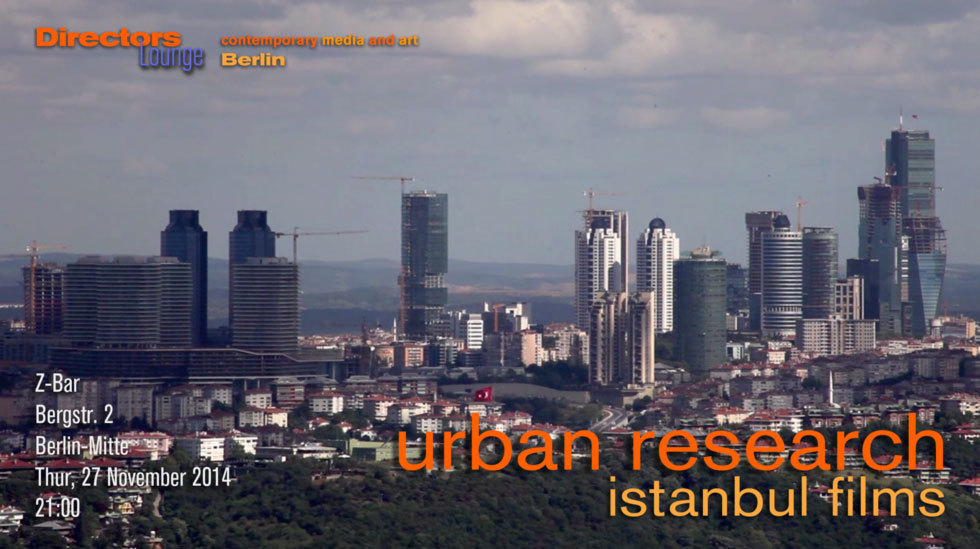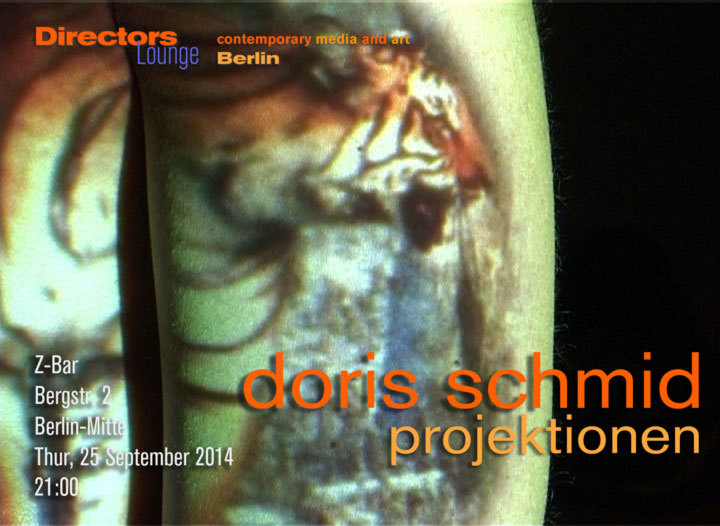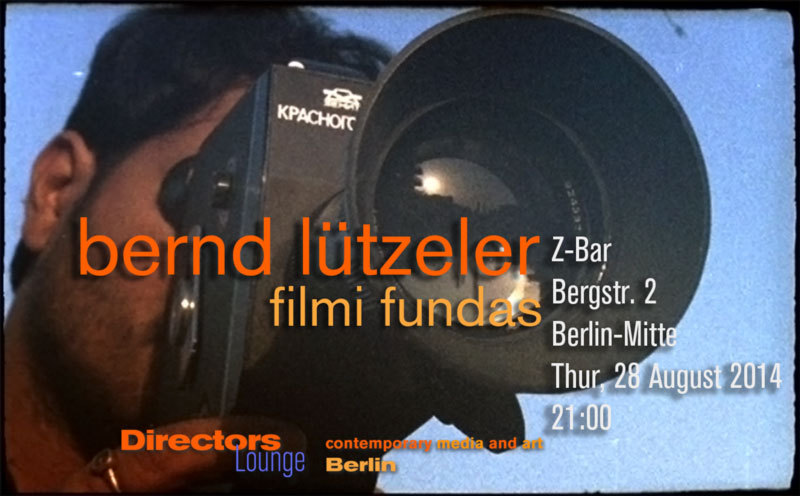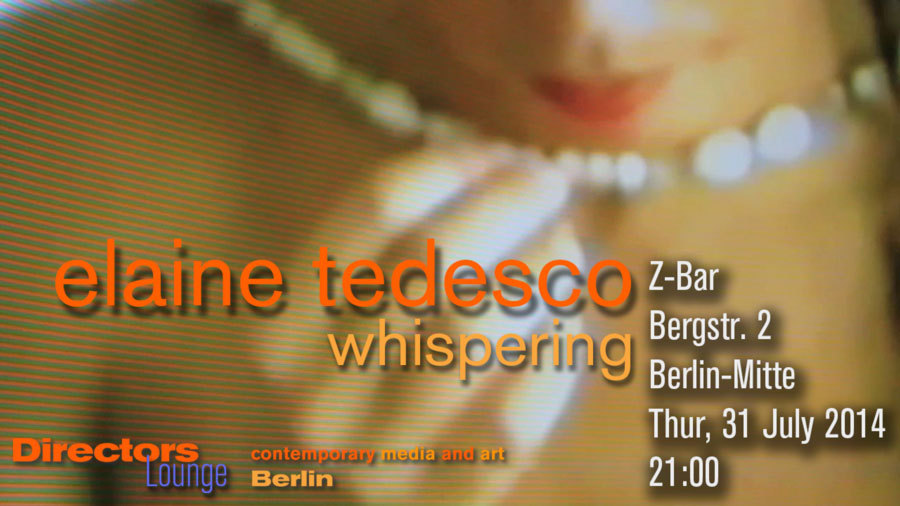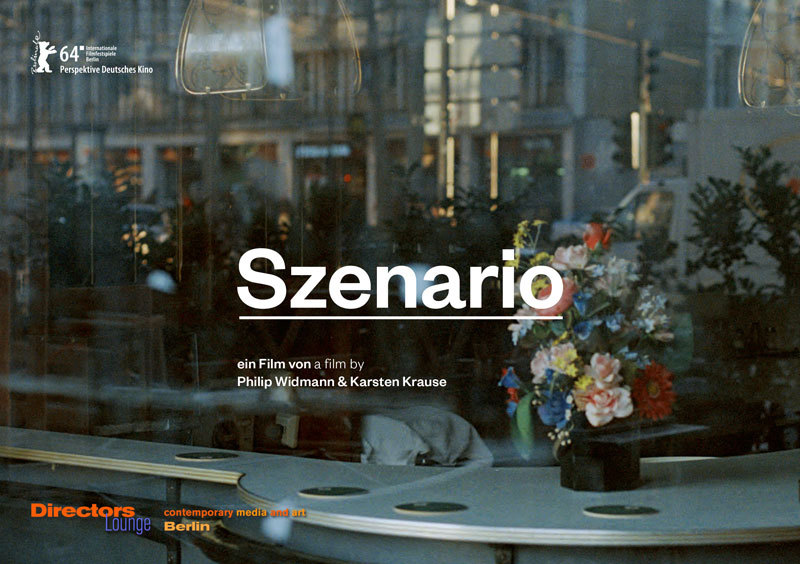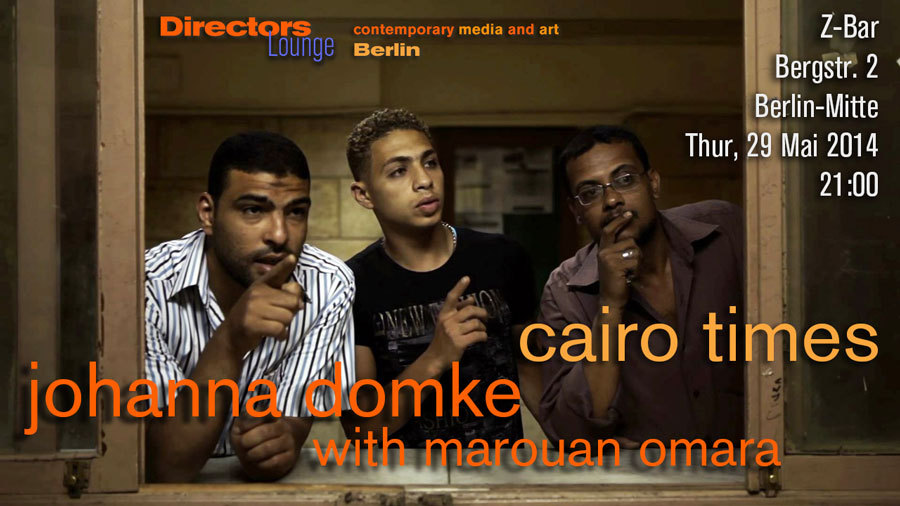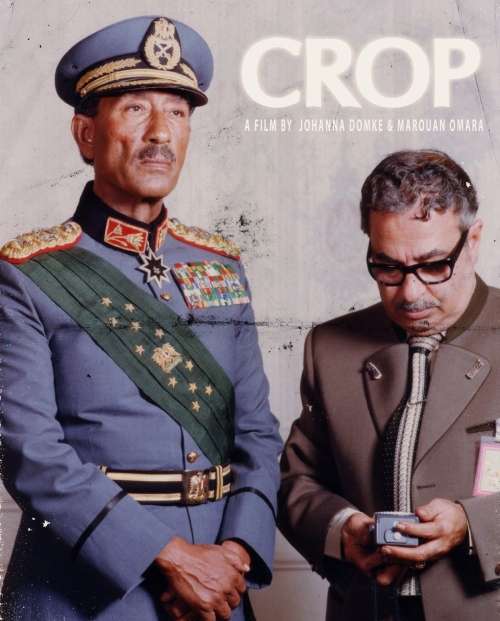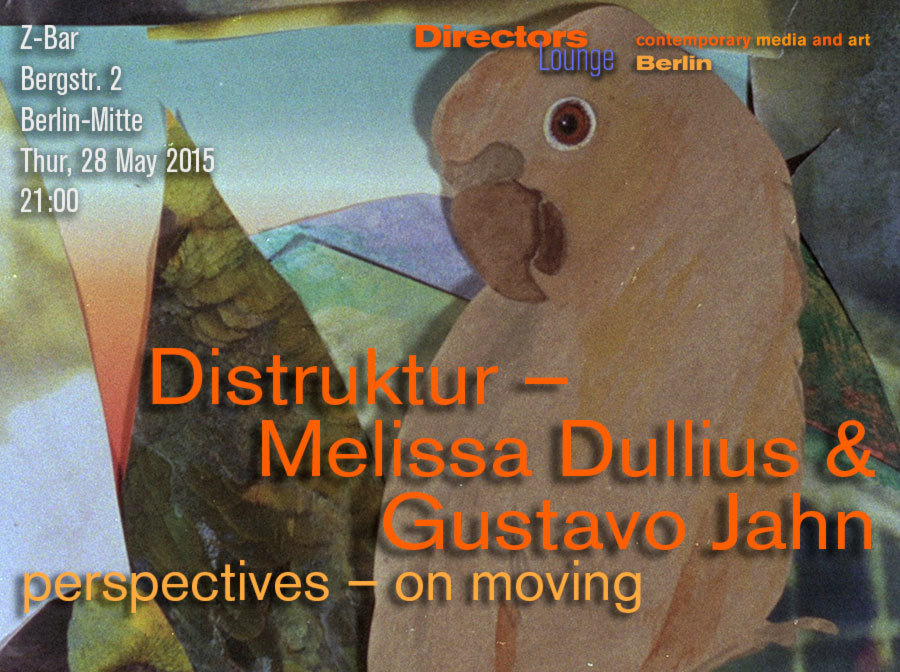
Directors Lounge Screening:
Distruktur –
Melissa Dullius & Gustavo Jahn
perspectives – on moving
Thursday, 28 May 2015
21:00
Z-Bar
Bergstraße 2
10115 Berlin-Mitte
A program of shorts by the artist couple Melissa Dullius and Gustavo Jahn with some new and rare films. Distruktur – Dullius and Jahn – claim a space fluctuating somewhere between the big and small cinema. Consequently working with analogue film while shooting and mostly also developing their own material, their films seem to create a kinematic time-space that is distinct from the ordinary even though they often use film settings of daily life.
The films could be described as experimental-narrative, as they use script, actors and often costumes, both artists often act as protagonists of their own film, but they avoid the conventional dramaturgy of mainstream and its psychological realism that mostly leads to melodrama. The film “Abril (2002)” in some short scenes seems to be a direct quote of Maya Deren’s “Meshes of the Afternoon”. It is an early film, from the time when Melissa and Gustavo were not working together as directors and which has not been shown in Berlin, yet. The moment of “trance” – or mystery – though disappears and becomes resolved as it did not really happen, as it is just a memory that stays but cannot be explained in rational ways.
Time seems to be ambiguous in the movies of the director duo. Even though Triangulum (2008) and Time Machine (2015) are set “in the future” as the narrated texts explain, they make no direct references to science fiction movies. The action does not pretend to be from the future, but the time of the narrative could be the past, the present or the future. Are we looking into the future, or looking back from the future to the past, to the present?
This ambiguity gives the film Triangulum, which is set and was shot in Cairo and Alexandria, an interesting contemporary perspective. With the background of the more recent “Arabic Spring”, the radical political movements in Egypt and wars in Near East – and the not so long ago longing for a mythical Orient prevalent in the West, the film has a surprising actuality.
It will be even more interesting to think about the references given in the films of the program, as Melissa and Gustavo have more recently created films that could be placed in the past. Not in any exact historical past, but in a past of myths. “Don’t Look Back ⁄ Labirinto”(2014, German Premiere) has been filmed in Berlin and obviously references the antique theme of Orpheus, while “In the Traveler’s Heart”(2013) was shot in Nida, Lithuania and seems to present a protagonist from an indigenous Latin American background. However, the narrative time of both do not try to create a realistic story. Time does not seem to proceed as a clockwork – on a narrative timeline, nor does it seem to be a dream. The image seems to be contemporary and timeless at the same time. This ambiguity of time, space and narrative the artist couple is creating, together with the atmospheric image of hand processed analogue film makes a unique viewing experience with many possibilities of interpretations.
Artist Link:
http://distruktur.com
Links:
Directors Lounge
http://www.directorslounge.net
Details:
http://www.richfilm.de/currentUpload/
Z-Bar
http://www.z-bar.de
°*-*°

